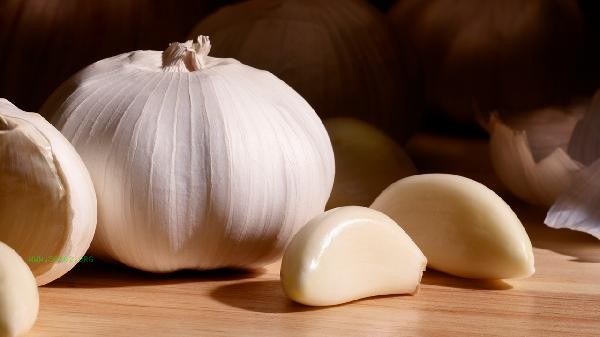It is generally not recommended to eat garlic when the stomach is uncomfortable. Although garlic has antibacterial and anti-inflammatory effects, its spicy ingredients may irritate the gastrointestinal mucosa, exacerbating discomfort symptoms such as abdominal pain and diarrhea. If discomfort is caused by exposure to cold or mild indigestion, consuming a small amount may help alleviate symptoms, but physical reactions need to be observed.

Allicin and sulfides in garlic have strong irritation to the gastrointestinal tract. When there is acute gastroenteritis, gastric ulcer, or irritable bowel syndrome, consuming garlic may lead to increased gastric acid secretion, abnormal intestinal peristalsis, acid reflux, abdominal distension, or worsening colic. Traditional Chinese medicine believes that garlic has a warm and pungent nature, and patients with damp heat diarrhea or excess heat syndrome should avoid it. For some individuals with functional dyspepsia or stomach cold, after ruling out organic diseases, vinegar soaked garlic or cooked garlic can be used to assist in improving appetite. After steaming, the irritability of garlic decreases, but it is still necessary to control the single intake within 1-2 cloves. If there is a burning sensation or abnormal bowel movements after consumption, it should be stopped immediately.

During gastrointestinal discomfort, it is recommended to choose mild food such as millet porridge and yam soup to avoid cold and spicy food. If the symptoms persist for more than 24 hours or are accompanied by fever or bloody stool, it is necessary to seek medical attention promptly to investigate the cause. Daily massage of Zusanli acupoint combined with abdominal hot compress can help alleviate functional gastrointestinal discomfort.










Comments (0)
Leave a Comment
No comments yet
Be the first to share your thoughts!